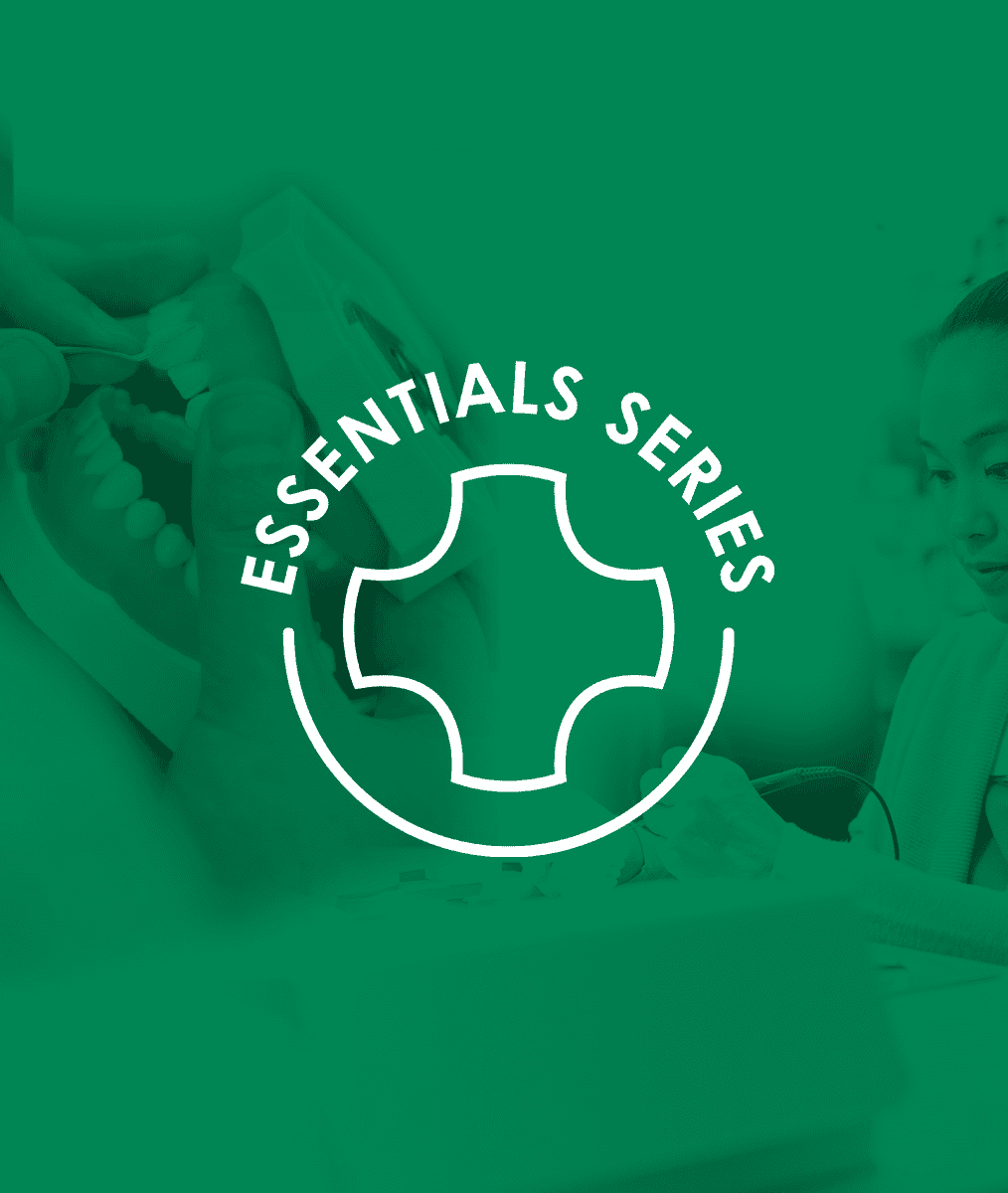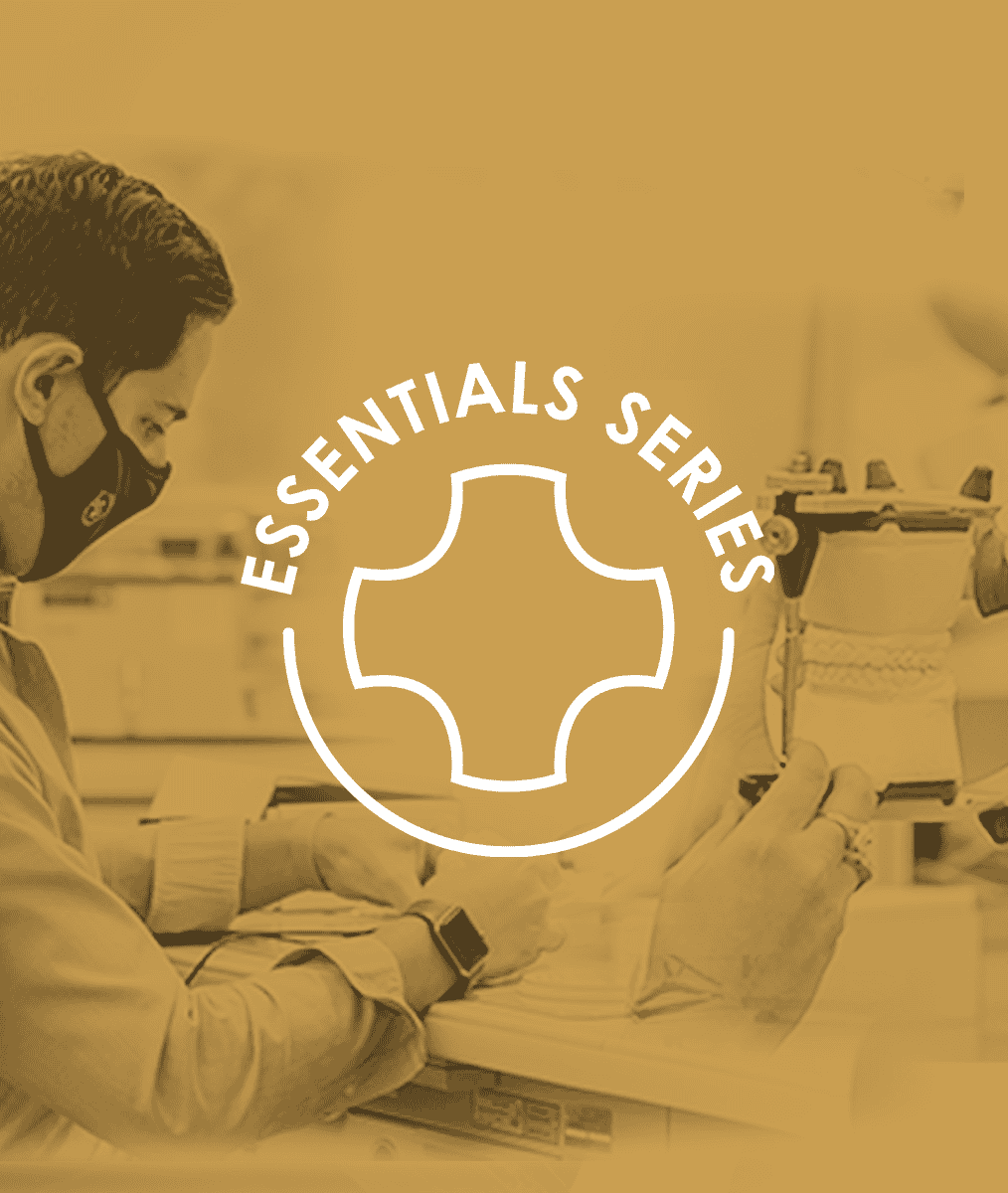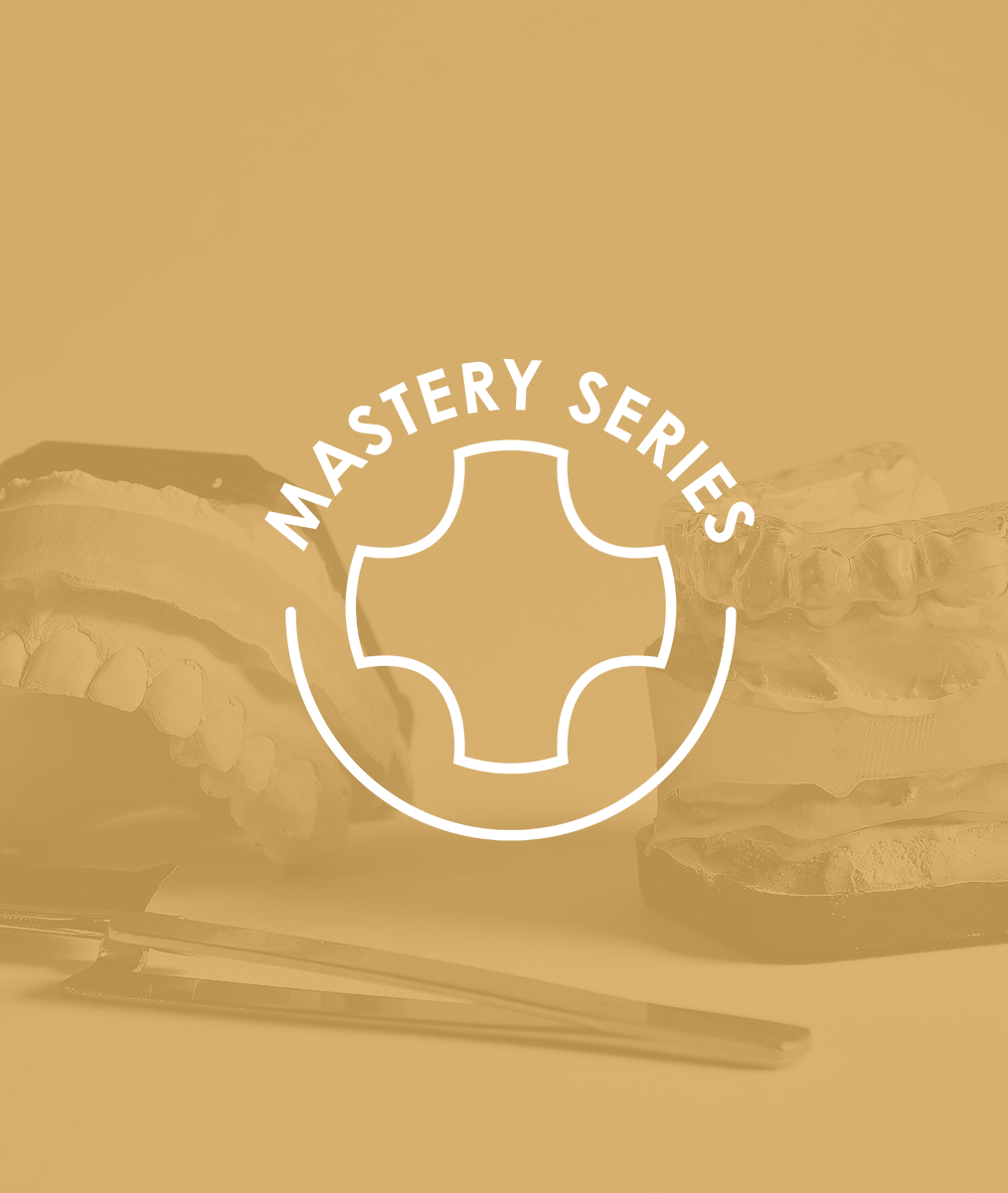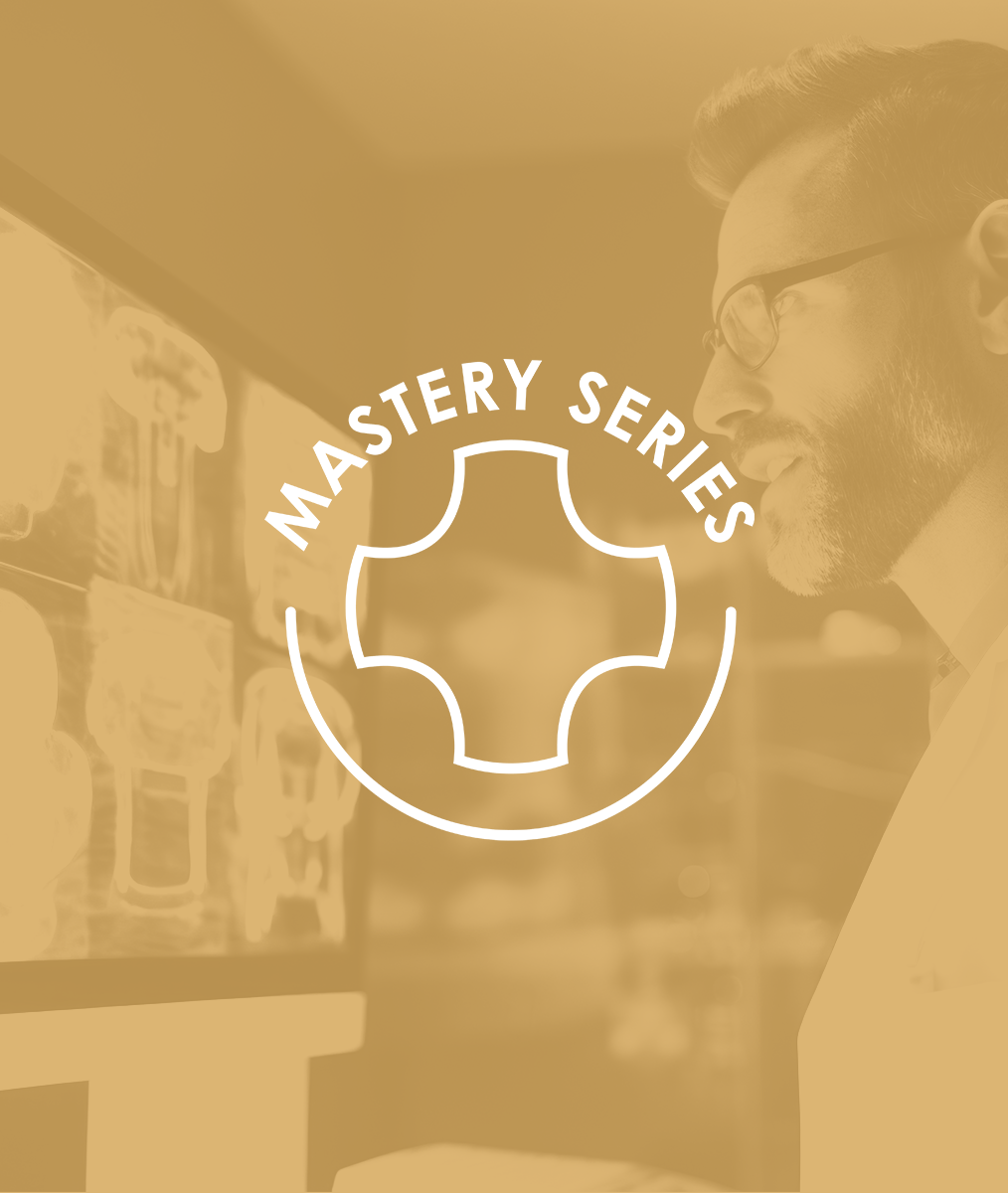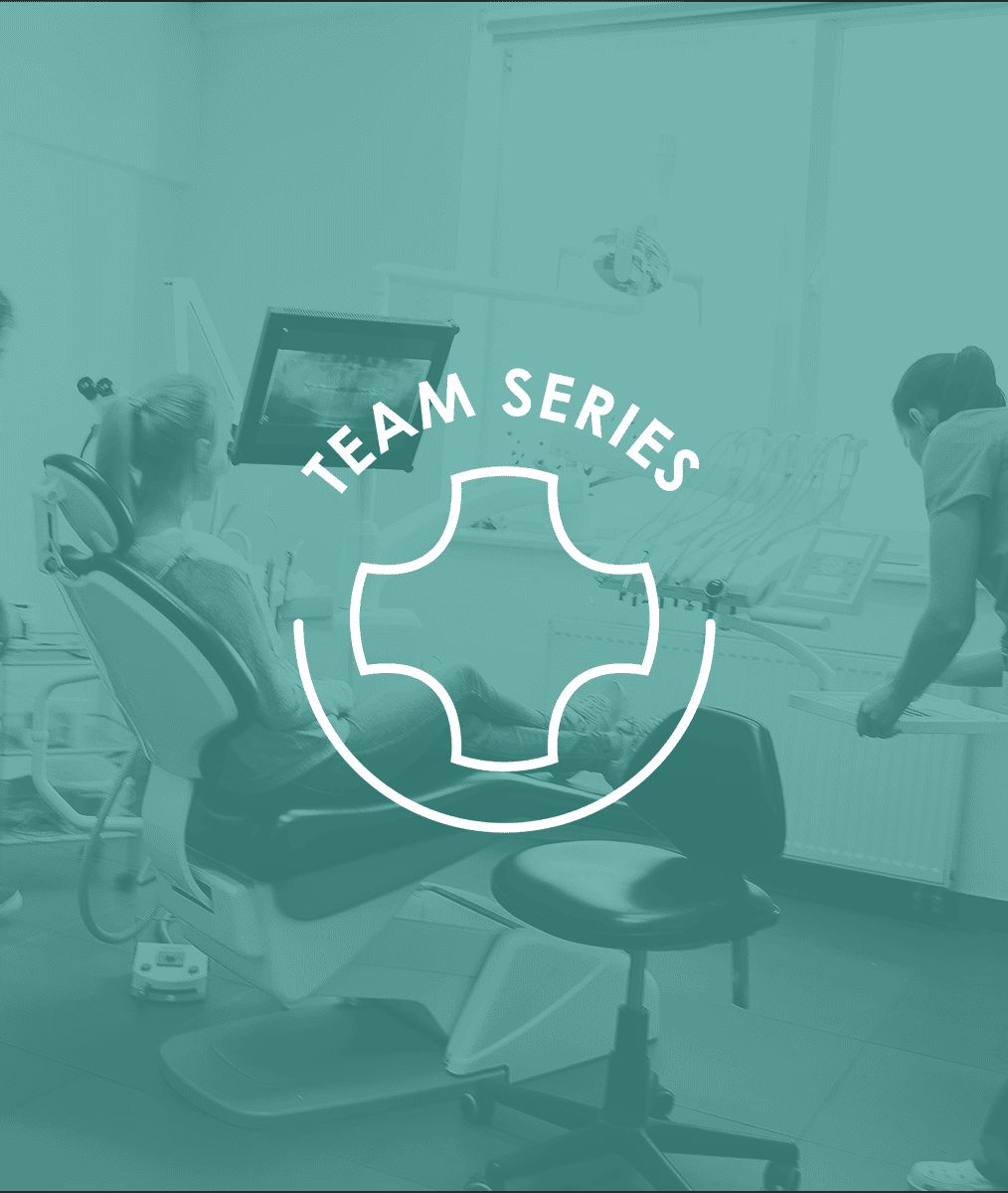Your Patients Want to Know… All Team Members Care About Them
Every one of you knows from your own experience with care providers that you want to have complete trust in them before accepting their recommended treatment. Your dental patients are no different, and that trust is affected by their entire experience with everyone on your care team. The dental experience in relationship–based practices increases this desire, because listening well to others is one of your priorities. Patients become at ease confiding their concerns with you and celebrating high points in their life with you. In your dental practice, listening well and acts of kindness generate positive emotions and positive memories of their dental experience.
The Golden Rule
Under daily situational stress, personal psychological stress, and oftentimes lingering physiological stress from the day before, preoccupation with internal concerns gets in the way of being truly present for the patient. The benefits of discussing this occasionally within team meetings foster a continuing positive culture of everyone striving to intentionally apply the Golden Rule with patients.
When that aspiration is sustained and everyone on the team “takes care of” patients by “treating others as you would want to be treated,” the emotions experienced by patients are positive and support treatment acceptance. And, the genuine care you give others has a way of stepping down your own stress with the release of oxytocin.
I’m speaking to all team members from the front to back when I say, “Practicing being truly present for patients until it becomes a natural habit is one of the greatest things you can do for them, yourself, your fellow team members, and the business.”
A Few Extra Minutes
If appointment times are increased by five to ten minutes, the clinical care team has more opportunity to converse with patients without stress developing, and in just a few more minutes a lot can happen. Conversations between care team members and patients help establish trust. These conversations also disclose patient feelings, concerns and unanswered questions. The sharing of this information with other team members can be used to create an optimal patient experience in this and future appointments.
It takes just a minute more to share this information appropriately in handoffs to tee up the doctor-patient conversation about treatment and to support scheduling the next visit before the patient leaves. By the latter, I mean the business team at the front and the patient always need to be prepared for the end of the appointment when the follow-up treatment fee is presented and scheduled. This preparation includes communicating the why behind the treatment and true concern for the patient’s welfare.
Same Page, Same Language
Patient confidence grows when every team member is on the same page, is aware of the patient’s expressed goals and concerns, supports the treatment plan with why it is recommended and enthuses about the expertise of the practice. Using the same language helps too.
In a relationship-based practice that focusses on these details, this is possible, and more treatment is accepted. If team members stop occasionally to ask themselves, “How was that handoff,” you will discover ways to improve how everyone “takes care of” patients through shared knowledge, empathy, and language. And knowing the Pankey community as I do, I see in my mind’s eye care teams around the world coming together at the end of the day to say, “Nailed it!”
Related Course
E1: Aesthetic & Functional Treatment Planning
DATE: May 1 2025 @ 8:00 am - May 4 2025 @ 2:30 pmLocation: The Pankey Institute
CE HOURS: 39
Dentist Tuition: $ 6800
Single Occupancy with Ensuite Private Bath (Per Night): $ 345
Transform your experience of practicing dentistry, increase predictability, profitability and fulfillment. The Essentials Series is the Key, and Aesthetic and Functional Treatment Planning is where your journey begins. Following a system of…
Learn More>









